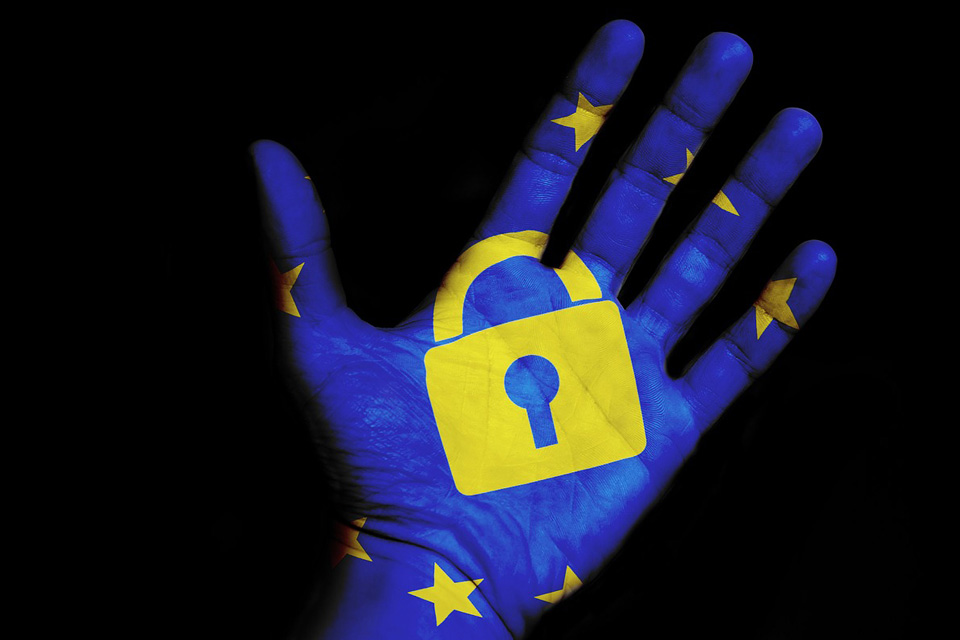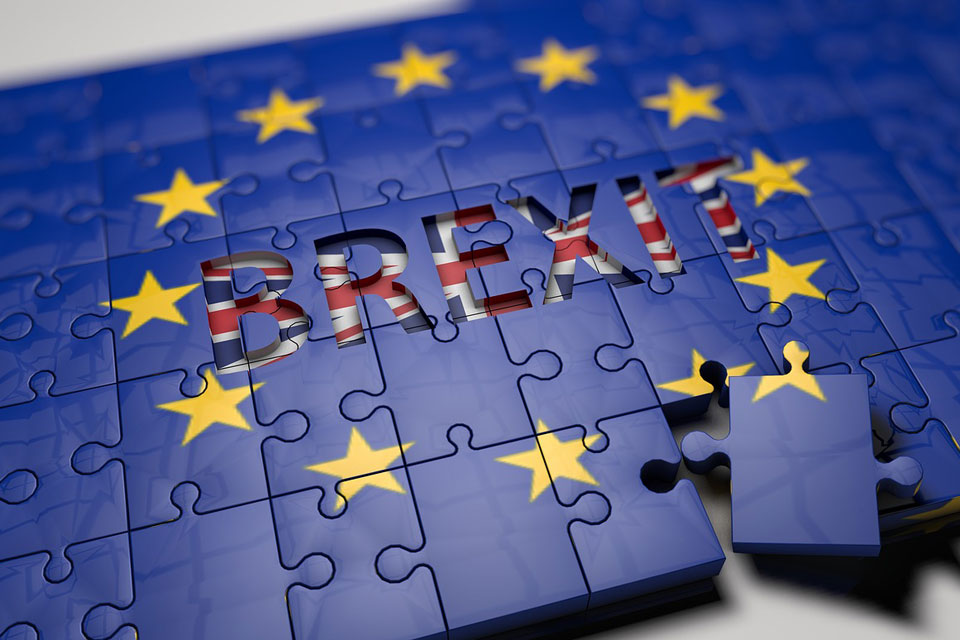The data dichotomy and the vital importance of effective self-regulation
https://cybersecureforum.co.uk/wp-content/uploads/2018/03/GPDR.jpg 960 640 Guest Post Guest Post https://secure.gravatar.com/avatar/cb2a67f15cd7d053d8e638a1df3fd67f?s=96&d=mm&r=gThe data privacy debate that has raged for the past decade has patently failed to meet the needs of either industry or consumers. Legislative change continues to challenge digital marketing models – and has had little impact on consumer trust: Edelman’s 2021 Trust Barometer cites an era of “information bankruptcy”, with global trust levels at an all-time low. What has to change? John Story Vice President, Deputy General Counsel Global GTM, Acoustic, EMEA, explains why effective self-regulation is a vital step in rebuilding consumer trust...
Ethical Challenge
Data privacy is once again, front and centre of the advertising and marketing debate. From the imminent demise of third-party cookies, to ever-increasing privacy regulations including GDPR, UK DPA 2018 (essentially the post-Brexit version of GDPR), and the Privacy and Electronic Communication Regulations (PECR)—as well as the latest Apple / Facebook ad tracking row–it’s easy to see how consumers and marketers alike might be scratching their heads over where, how and why data can be used.
Marketers are justified in bemoaning the impossibility of doing an effective job or meeting customers’ desires for better, more relevant and personalised messaging given the increasing constraints placed by legislative change. But the industry needs to face facts: it has been too slow and too reactive.
Just consider the inadequate industry response to scandals such as Cambridge Analytica’s data misuse. Effective self-regulation should have become an absolute priority, yet little happened. When the industry fails to step in and address its problems, when companies sit and wait for a major issue to emerge and only then attempt to address the fall out, legislators feel they have little option but to intervene. The results are more often than not to the detriment of everyone in the ecosystem.
Effective Self-Regulation
For marketers, consumer trust is essential to survival – and the onus is on the industry to rebuild and sustain that trust. Which is why, however the motives are perceived, Apple’s recent move is a positive step in reinvigorating the debate and, hopefully, accelerating the adoption of the effective self-regulation that will rebuild consumer trust and confidence.
Improving the way companies – of every size – notify consumers, then request and honour consent is an indispensable step in the creation of an industry that truly recognises the importance of ethical behaviour. By finding a way to convey a commitment to data privacy without confusing or overwhelming the end customer, the industry can avoid the risk of further inappropriate or clumsy legislation – legislation that is both implemented inconsistently and fails to improve consumer confidence.
Legislation takes too long to devise and ratify – making it technologically out-of-date by the time it is enforced. Even worse, once in place, it’s incredibly hard to change. It also rarely achieves the essential change in attitude to data ethics and data privacy that’s required. Legislators may hope fines encourage organisations throughout the data ecosystem to modify behaviour, but when the culture is one of enforcement the modification in behaviour is often the minimum required to avoid future sanction.
Take Ownership of Data Ethics
Public trust can be rebuilt and maintained if the industry takes appropriate, ethically sound, self-regulatory steps that evolve with technology and public perception. There should then be little call for regulators and governments to step in and impose stifling legislation.
However, it’s important to recognise that this affects every company, every marketer, and every MarTech provider. This is not just an issue for the large technology companies. Indeed, given the fact that Apple remains a lone voice and there has been little sign from Google or Facebook of a willingness to put effective self-regulation ahead of revenue generation goals, unless marketers and MarTech companies highlight the ethical data privacy debate and take action, change won’t occur.
This is nothing new: the marketing and advertising industry has always worked together on self-regulation – from the development of advertising standards onwards. The only change is the technological context. Abdicating responsibility for data privacy and a commitment to data ethics will only erode public trust further and lead to the imposition of additional legislation.
Conclusion
We have seen the changes that can be achieved as a result of high-profile debate. With recent concerns about hateful content and misinformation online, for example, social media providers took positive steps to self-regulate; they recognised that working effectively together was important to create a long-term future for their platforms. The next step must be to encourage the same levels of effective self-regulation around data usage and advertising.
Apple has nudged open the debate on data privacy and data ethics. The onus is now on players throughout the industry to push that door wide. Public trust is imperative – and that means effective self-regulation and the creation of a data ecosystem built on transparency and informed consent.









